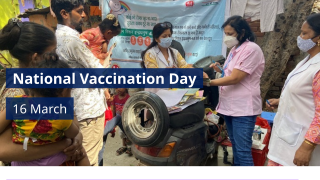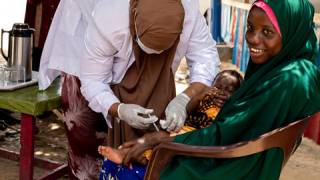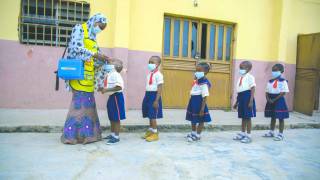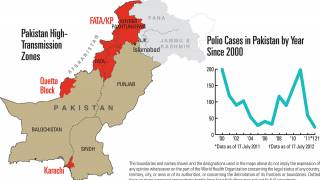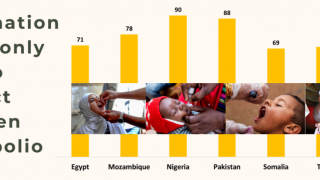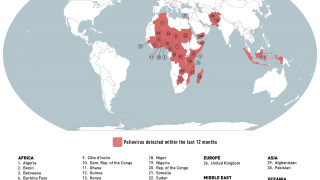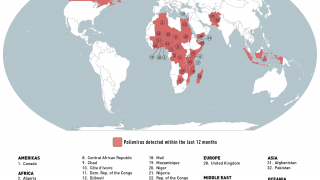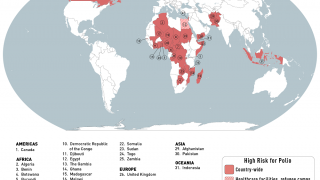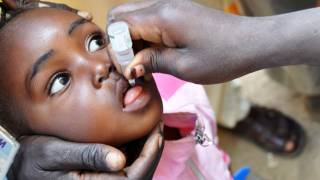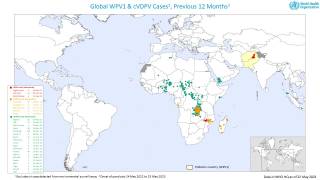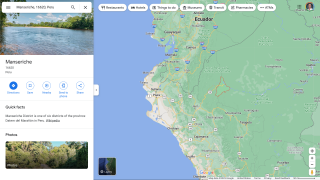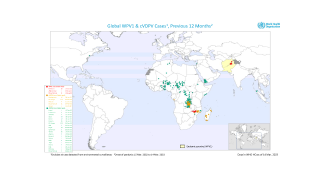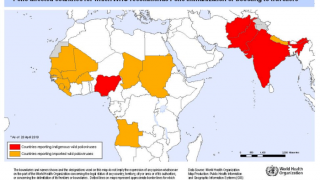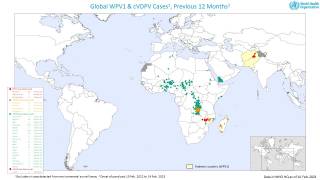Polio Outbreak Reported in Ghana

An outbreak of poliovirus has been reported in the Republic of Ghana by the US Centers for Disease Control and Prevention (CDC).
To notify travelers to this small Africain country, the CDC issued Level 2 Travel Alerts on August 28, 2019. Ghana has an estimated 4.3 million international tourists annually.
The Republic of Ghana is a country located along the Gulf of Guinea and the Atlantic Ocean, in the subregion of West Africa, with an estimated population of 30 million residents.
Ghana’s polio outbreaks are caused by vaccine-derived poliovirus (VDPV), a sign of low oral polio vaccine coverage.
The CDC says ‘these vaccine-derived polio outbreaks cannot spread in the United States because of the existing high-vaccination rates against polio.'
Furthermore, the oral polio vaccine is not used in the USA, says the CDC.
This CDC Level 2 Travel Alerts recommends that all travelers to Ghana be fully vaccinated against polio.
And, travelers going to countries with circulating VDPV who have completed their routine polio vaccine series, but who have not already received an adult booster dose, recommends administering a single lifetime inactivated poliovirus vaccine (IPV) booster dose.
Even if you were vaccinated as a child or have been sick with polio before, you may need a booster dose to make sure you are protected.
If you will be staying in Ghana for more than 4 weeks, the government may require you to show proof of polio vaccination before you leave the country. To meet this requirement, you should get the polio vaccine between 4 weeks and 12 months before you leave the country.
Most people with polio do not feel sick. And some people have only minor symptoms, such as fever, tiredness, nausea, headache, nasal congestion, sore throat, cough, stiffness in the neck and back, and pain in the arms and legs says the CDC.
In rare cases, polio infection causes permanent loss of muscle function. Polio can be fatal if the muscles used for breathing are paralyzed.
Because the poliovirus lives in the feces of an infected person, people infected with the disease can spread it to others when they do not wash their hands well after defecating. People can also be infected if they drink water or eat food contaminated with infected feces.
The CDC says 'good hand washing practices can help prevent the spread of polio.'
Polio in the USA
- Since 1979, no cases of polio have originated in the United States.
- Polio has been eliminated from the United States thanks to widespread polio vaccinations. This means that there is no year-round transmission of poliovirus in the United States.
- However, the virus has been brought into the country by travelers with polio. The last time this happened was in 1993. It takes only one traveler with polio to bring the disease into the United States.
- The best way to keep the United States polio-free is to maintain high-immunity in the population against polio through vaccination.
As of July 31, 2019, 11 countries had confirmed circulating vaccine-derived poliovirus type 2 (cVDPV2) outbreaks during 2019. Ghana reported its last poliovirus outbreak in November 2008.
Pre-trip, polio vaccine counseling appointments can be scheduled with a travel specialist at Vax-Before-Travel.
Polio vaccines, like any medicine, can have side effects. You are encouraged to report polio vaccine side effects to a healthcare provider or the CDC.
Published by Vax Before Travel
Our Trust Standards: Medical Advisory Committee
